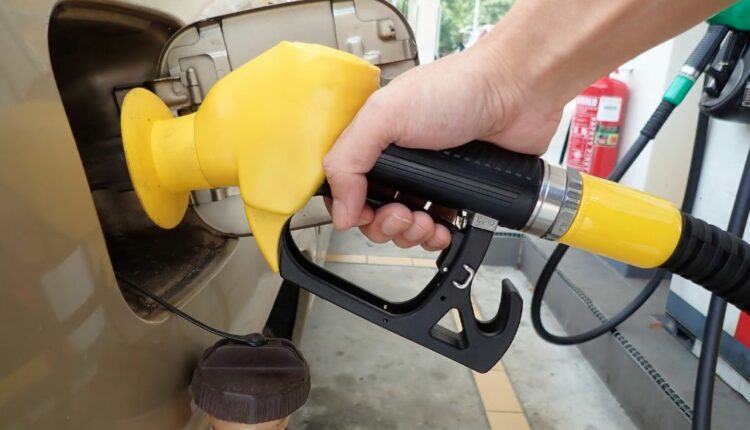Why Is My Car Losing Its Fuel Efficiency?
Does it seem like you’re putting more money into your vehicle’s gas tank lately? Find out why your car is getting more inefficient and what you can do here.
Have you noticed that you’re spending more time at the gas pump lately? It could be a decline in your vehicle’s fuel economy.
While your car may boast about having a strong gas mileage and may have once been quite efficient, this perk can fade over time. But why? We’ll explain the likely reasons why your car is losing its fuel efficiency and some simple strategies for getting it right again.
How To Diagnose the Problem
If you have a feeling your vehicle’s in-car fuel economy gauge isn’t accurate, you can test its gas mileage yourself. Begin by filling up your gas tank completely and resetting the trip odometer. Drive as you normally would until it’s time to refuel and record the number of miles you drove.
At the next fill-up, fill the tank again and note the amount of fuel you need to reach a full tank in gallons. To calculate the fuel economy, divide the total miles driven by the number of gallons. This will give you an accurate miles-per-gallon (MPG) reading for your vehicle.
Common Causes for Declining Fuel Economy
If, after testing, you notice your car is losing its fuel efficiency, it’s likely one of these reasons why. Consider your vehicle’s tires, wheels, engine, and your own driving habits.
Low Tire Pressure
One of the first places you should look for that lost fuel efficiency is the tires. One of the dangers of driving on underinflated tires is a decrease in fuel economy. Underinflated tires increase rolling resistance, forcing your engine to work harder and consume more fuel. To maintain optimal tire pressure, check your tires at least once a month with a reliable gauge, adhering to the manufacturer’s recommendations.
Misaligned Wheels
Wheel alignment is crucial for your car’s fuel efficiency, as misaligned wheels can lead to uneven tire wear and increased rolling resistance, resulting in higher fuel consumption. If your vehicle pulls to one side or your steering wheel vibrates, it may be time for an alignment check. Regular checks, especially after hitting a pothole or curb, help maintain optimal fuel efficiency by ensuring your tires work in harmony and reduce engine strain.
Neglected Engine Maintenance
Regular engine maintenance is essential for optimal fuel efficiency. Neglecting basic tasks, like oil changes, spark plug replacements, and air filter cleaning, can harm engine performance and increase fuel consumption.
For instance, dirty air filters restrict airflow, causing the engine to work harder, and worn spark plugs can lead to misfires. Staying on top of maintenance, including timely oil changes and inspections, ensures your engine runs smoothly and efficiently.
Poor Driving Habits
Lastly, if the problem isn’t mechanical, it may be the way you drive your vehicle. Frequent short trips, aggressive driving, and excessive idling lead to increased fuel consumption.
To improve fuel efficiency, combine errands into one trip, avoid unnecessary idling, and accelerate more smoothly and gradually while driving. This saves fuel and reduces wear and tear on your vehicle.
Conclusion
Understanding the factors that affect your car’s fuel efficiency allows you to take proactive measures to maintain your vehicle. By checking tire pressure, ensuring proper wheel alignment, adopting better driving habits, and keeping up with engine maintenance, you can improve your MPG, save money, and extend your car’s lifespan.


Comments are closed.